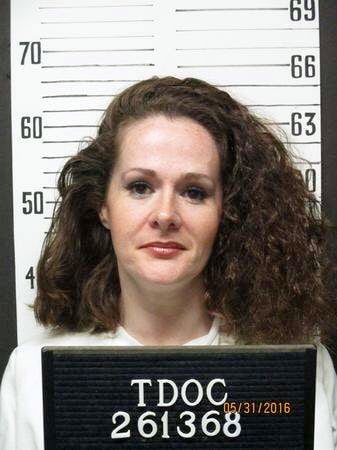COVID-19 creates worries for farmers
MADISON, CO., Tenn. — “It’s been pretty much wet here in Madison County since December,” farmer Johnny Verell said.

It was a much needed dry and sunny day to start the month of April, following a record wet March.
Planting season is about to start soon, but some farmers are behind because it has been so rainy.
“This year we’ve actually had less field work done than we did last year. Last year, the last part of March actually got dry and we were able to do some field work. This year we haven’t been able to do any field work at all,” Verell said.
Tasks like burning off the ground to clear for the next crops to plant still haven’t even begun for Verell.
“We really need about two or three weeks of dry weather to get the corn planted, the soybeans planted,” he said.

Verell said after a late start last year, they were still able to have higher than normal yield for corn and soybeans.
But now there’s been another added strain for the agricultural industry.
“If our operation came down with the coronavirus, who would plant our crop?” Verell said.
The agricultural industry has already dealt with dropping crop prices and trade concerns in the recent past.
With the coronavirus closing businesses and causing delays in shipments of items, it could cause a trickle down effect. This could prevente farmers from even getting certain parts or agricultural materials.
Verrell said there have been no direct impacts COVID-19 yet.

“Parts is probably one of the biggest things. We’re kind of getting concerned about [it] because a lot of them are made overseas. With the weather going on and the commodity markets going down like they are with the trade war, and with this virus floating around, it always seems like the farmer is going to find a way to persevere and get this crop planted and hope for the best for what happens this summer,” Verell said.
The recent coronavirus stimulus bill that was passed does include at least $14 billion towards agricultural commodity and another $9.5 billion for farmers impacted by the pandemic.











